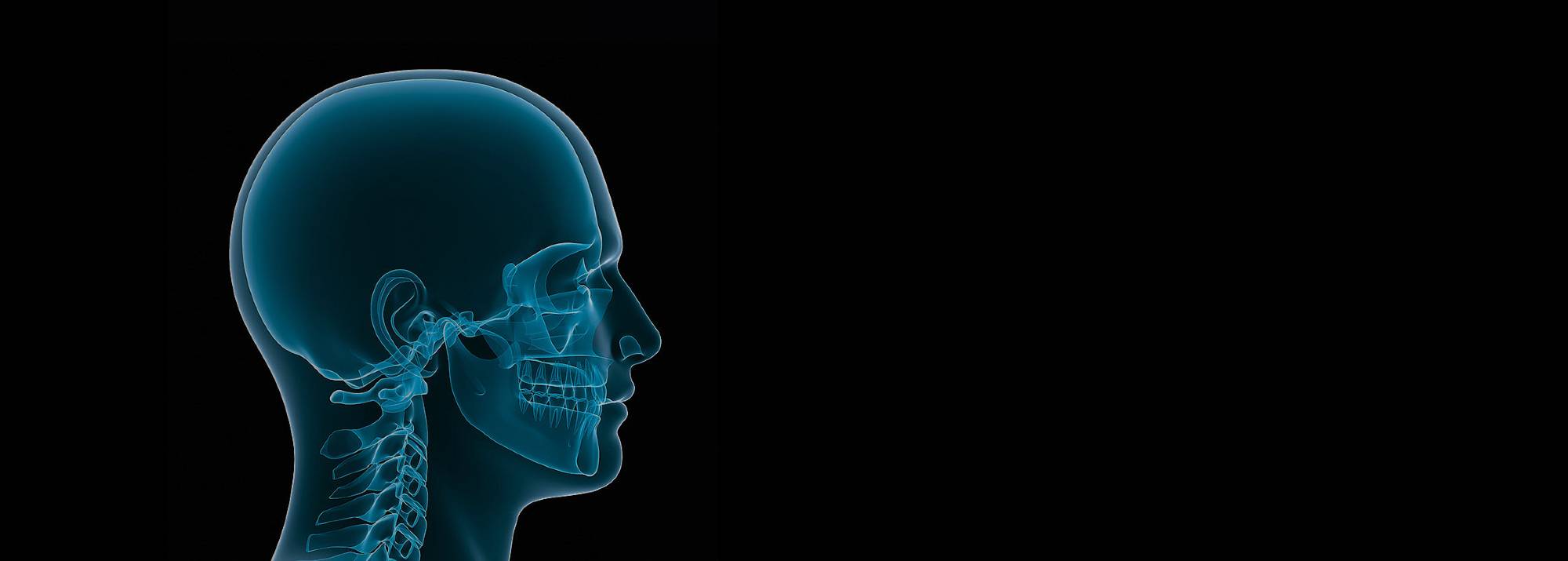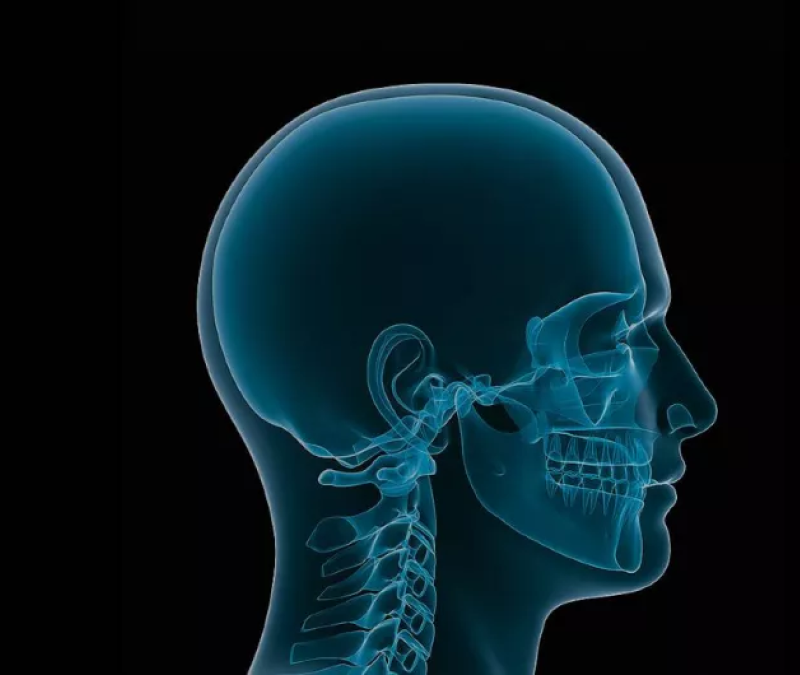Pediatric Craniomaxillofacial surgery is a super specialty branch of Maxillofacial surgery dealing with deformities associated with the face, upper jaw, lower jaw, chin & teeth.
Craniomaxillofacial surgery follows a multidisciplinary approach, wherein many specialists like Plastic surgeons, Dermatologists , Psychiatrists & Maxillofacial surgeon in Bangalore work together to get the best possible cosmetic & functional results so that individuals will get a pleasing & attractive face.



